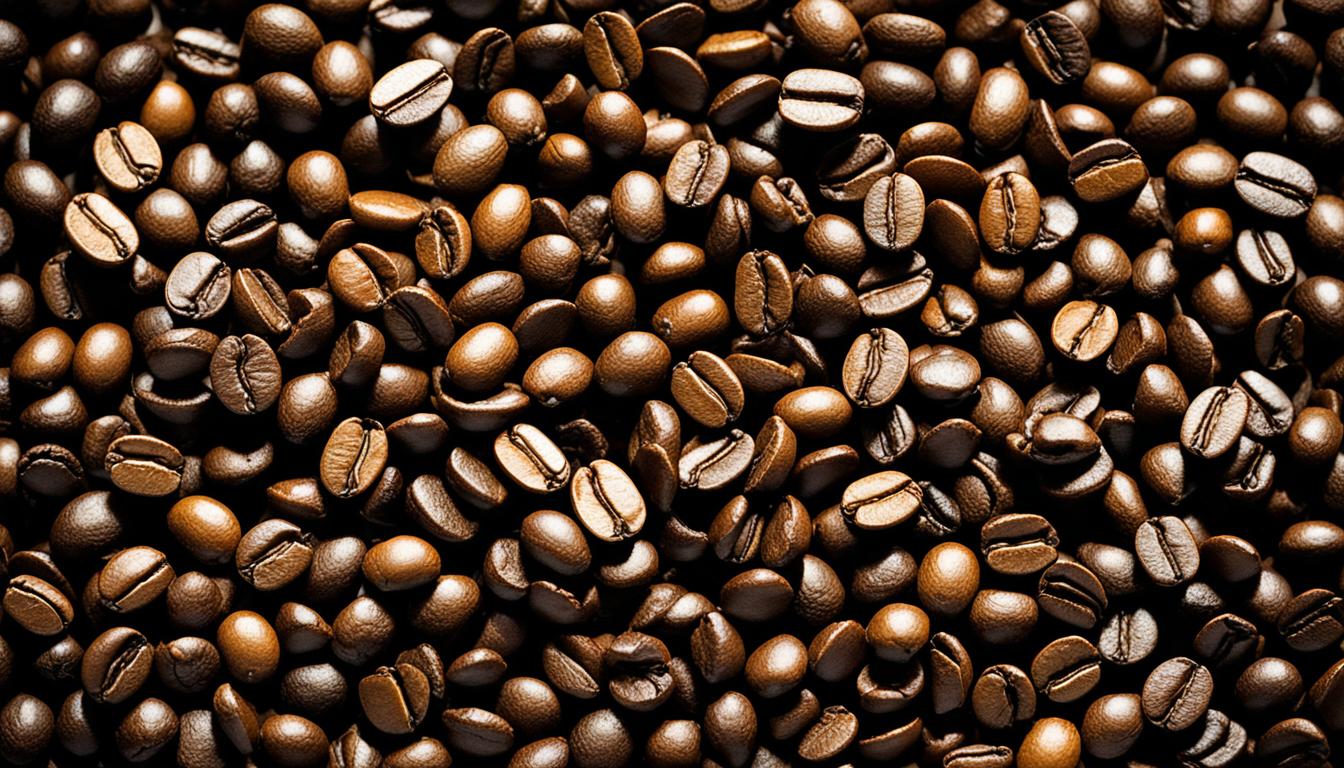Did you know that over 40% of the world’s coffee production is made up of robusta beans? This often overlooked coffee variety has long been unfairly maligned, but the tides are turning as a new generation of specialty coffee enthusiasts discover the bold, complex flavors that robusta has to offer.
Robusta coffee, derived from the Coffea canephora plant, is one of the two major commercially produced coffee species, alongside the more renowned arabica. Compared to its arabica counterpart, robusta beans contain nearly double the caffeine and are more resilient, thriving in lower altitudes and temperatures. This hardiness has historically made robusta a popular choice for commercial coffee blends and instant coffee products, where its perceived harshness and bitterness were overshadowed.
However, the specialty coffee community is now shining a spotlight on the unique qualities of high-quality robusta. When grown and processed with the same care and attention as the best arabica beans, robusta can surprise with its depth of flavor, offering delightful notes of chocolate, caramel, and nuts that complement its inherent earthiness. It’s time to discover the bold, complex side of robusta coffee.
Introducing Robusta Coffee
Robusta coffee has long had a reputation among specialty coffee drinkers as being inferior to the beloved arabica coffee. This perception often stems from the use of lower quality robusta in many commercial coffee blends, where it is valued more for its high caffeine content and lower price point rather than its flavor profile. However, there is a growing appreciation within the specialty coffee community for high-quality, specialty-grade robusta coffee.
Reputation and Perceptions
When properly grown and processed, robusta can offer pleasant and complex flavor profiles featuring notes of chocolate, caramel, and nuts. The perception that robusta is inherently bitter is often misguided – with the right farming and processing techniques, the unique attributes of robusta can truly shine. Thanks to a new generation of microlot robusta offerings, perceptions are changing, and the best robusta beans are helping to showcase the impressive potential of this often underrated coffee variety. Robusta has a rightful place alongside arabica within the specialty coffee world when sourced ethically and crafted with care.
Where Robusta is Grown
The majority of the world’s robusta coffee is grown in Brazil, Vietnam, and Indonesia. Together, these three countries produce around 70% of the global robusta supply. Other major robusta producers include India, Uganda, and countries in Central America and Africa. Unlike arabica coffee, which prefers higher altitudes, robusta thrives in the low-lying tropics, allowing it to be widely cultivated across equatorial regions.
How coffee is processed after harvesting has a significant impact on the final flavor and quality.
robusta coffee Flavor Profiles
Robusta coffee is often described as having a harsh, bitter taste compared to the sweeter, more complex flavors of arabica. However, when processed carefully, robusta can offer pleasant and unique flavors beyond just bitterness. Robustas are known for their deep, earthy notes like chocolate, caramel, nuts, and wood. The chocolate and nutty flavors are quite pronounced due to the higher natural sugar content in robusta beans. These earthy, bitter notes pair well with the sweetness.
Brewing Robusta Coffee
To fully appreciate the unique robusta coffee flavor profile, it’s important to brew it properly. Experimenting with different coffee brewing methods like the French press or cold brew allows you to extract maximum flavor from specialty robusta. Enjoying it black allows you to fully appreciate the pure flavor notes. The intensity of specialty robusta also stands up well to bold food pairings like dark chocolate, nuts, or spicy savory dishes.

The Allure of Specialty Robusta Coffee
For the adventurous coffee enthusiast, specialty robusta offers a truly unique and gratifying experience. With its full-bodied character and bold, intense flavor, robusta coffee can be an incredibly rewarding choice when processed and prepared with care. By experimenting with brewing methods like the French press or cold brew, we can extract the maximum flavor potential from these exceptional robusta beans, allowing us to fully appreciate their pure, unadulterated taste.
When enjoyed black, specialty robusta coffee reveals a captivating array of flavor notes, from deep, earthy chocolate to caramelized nuts and hints of wood. The higher natural sugar content in robusta beans contributes to these satisfying, almost savory profiles, which pair beautifully with bold food pairings like dark chocolate, spicy dishes, or toasted nuts. For the coffee lover seeking a new and thrilling sensory experience, specialty robusta is a must-try.
As our understanding and appreciation for high-quality robusta coffee continues to grow, we’re excited to explore the vast potential of this underrated coffee variety. Whether brewed meticulously or incorporated into creative blends, specialty robusta offers a unique and compelling alternative to the more familiar arabica offerings. We encourage you to embark on your own robusta coffee journey and discover the allure of this bold, flavorful bean.
